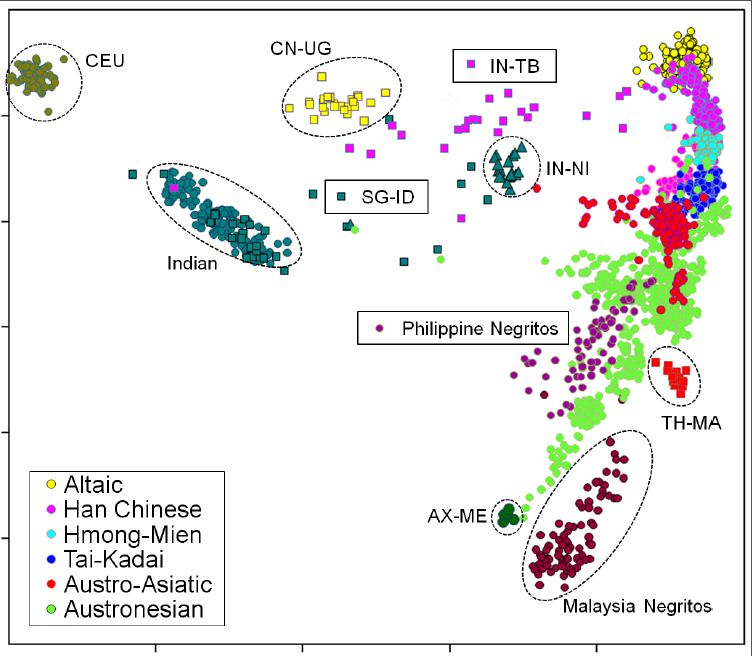UCLA and University of Toronto Unveil Advanced Tool for Genetic Mutation Detection

In a groundbreaking development, scientists from the University of California, Los Angeles (UCLA) and the University of Toronto have introduced moPepGen, an advanced computational tool aimed at enhancing the identification of hidden genetic mutations in proteins. This significant advancement, reported in the prestigious journal *Nature Biotechnology* on June 16, 2025, promises to transform cancer research and a variety of other medical fields by providing novel insights into the relationship between DNA changes and protein expression.
The primary objective of moPepGen is to address a critical challenge in the field of proteogenomics, which integrates the study of genomics and proteomics to provide a comprehensive molecular profile of diseases. Traditional proteomic tools have struggled to accurately detect variant peptides, thereby limiting researchers’ ability to identify genetic mutations at the protein level. Existing methods primarily focus on straightforward genetic changes, such as single amino acid substitutions, while moPepGen is designed to detect a broader range of protein variations caused by complex genetic modifications, including alternative splicing and gene fusions.
Dr. Chenghao Zhu, a postdoctoral scholar at UCLA’s Department of Human Genetics and co-first author of the study, explained, "We developed moPepGen to help researchers determine which genetic variants are truly expressed at the protein level, addressing a long-standing challenge in the proteogenomic community. Our tool significantly improves the detection of hidden protein variations by using a graph-based approach to efficiently process all types of genetic changes. This provides a more comprehensive view of protein diversity and gives researchers a much more accurate picture of how mutations influence disease."
The team validated moPepGen by analyzing proteogenomic data from five prostate tumors, eight kidney tumors, and 376 cell lines. The results demonstrated that moPepGen identified previously undetectable protein variations linked to genetic mutations and gene fusions at a rate four times greater than older methods. This heightened sensitivity is particularly crucial in oncology, where identifying cancer-specific variant peptides can lead to the development of personalized cancer vaccines and cell therapies.
Dr. Paul Boutros, a professor of urology and human genetics at UCLA and co-senior author of the study, noted the potential applications of moPepGen in immunotherapy. "By making it easier to analyze complex protein variations, moPepGen has the potential to advance research in cancer, neurodegenerative diseases, and other fields where understanding protein diversity is critical. It bridges the gap between genetic data and real-world protein expression, unlocking new possibilities in precision medicine and beyond."
This innovative tool is freely accessible to researchers and can easily integrate with existing proteomics workflows, thereby democratizing access to advanced genetic analysis techniques. The other first author of the study is Dr. Lydia Liu, while Dr. Thomas Kislinger, a prominent figure at the University of Toronto, serves as a co-senior author.
The implications of moPepGen extend beyond cancer research, as it may also facilitate advancements in the understanding and treatment of neurodegenerative diseases and other medical conditions rooted in protein malfunction. As the scientific community continues to unravel the complexities of genetic mutations, tools like moPepGen will play a pivotal role in shaping the future of personalized medicine, diagnostic testing, and targeted therapies.
In summary, moPepGen represents a significant leap forward in the field of proteogenomics, providing researchers with the means to explore genetic mutations with unprecedented accuracy and depth. The continued evolution of such technologies is expected to revolutionize the landscape of medical research and treatment, offering hope for countless patients worldwide.
Advertisement
Tags
Advertisement





